Research on the Effectiveness of Timber Legality Assurance System (TLAS) Implementation in Indonesia
In 2021, CTSS IPB-University and Chatham House- UK agreed on a joint research project entitled Strengthening Forest Governance: Preparing for the Next 10 Years. There are two objectives of the project: 1) to develop new ideas on strengthening the effectiveness of international cooperation and trade in supporting transitions towards sustainable land use and livelihoods; 2) to enhance international dialogues on forests and land use, particularly for four participating countries UK, Brazil, the Democratic Republic of Congo (DRC), and Indonesia.
The Indonesia team has opted to focus on the effectiveness of Timber Legality Assurance System (TLAS) – or in Indonesia is called SVLK (Sistem Verifikasi Legalitas Kayu) implementation. In Brazil the project is focussing on forms of governance of forest resources in the Brazilian Amazon to answer 1) what are the critical factors that limit the effectiveness of these arrangements in promoting the inclusion of local actors and sustainability in forest management at national level? 2) given the limitation of these governance instruments, what could international partners do in short to medium term to accelerate the transition to the sustainable and inclusive use of forest resources? Meanwhile, the research of DRC is on the impact of lifting the moratorium on industrial logging, increasing of the state budget, rights of communities, and development. The group discussions that consist of 4 countries have resulted in the enrichment of research subjects and provide a platform for experts from these countries to share their expertise and perspectives.
The evolution of the Indonesia proposal is interesting to note since the dynamic of the regulatory changes has impacted the project. For instance, initially, the research focus was on the effectiveness of the implementation of FLEGT-VPA (Forest Law Enforcement, Governance and Trade-Voluntary Partnership Agreement), SVLK instruments, and implementation of policies related to REDD+ to answer “Have FLEGT-VPA and SVLK Instruments effectively impacted on improving forest governance in Indonesia, realizing forest sustainability, improving land use sustainability and impacting people’s livelihoods?” However, based on the discussion of the 1st National Workshop which were attended by stakeholders from different institutions (representative from governments, Association of Indonesia Forest Concession Holders, academicians and NGOs), the CTSS team adjusted the topic that also include the impact of the recently launched UUCK (Omnibus law), ie, what is the impact of the omnibus law on the SVLK implementation? However, due to the dynamic of the research object, the CTSS team finally focussed on the effectiveness of SVLK implementation in different forest property right regimes after the implementation of Indonesia’s Omnibus Law: an institutional economic perspective.
One of the uniqueness of this research is the institutional perspectives that the team will investigate. Although previously there have been many studies on SVLK, the analysis from an institutional perspective of different forest property right regimes as sources of timber industries will be able to reveal the behavior of different actors that influence institutional performance. This research will also analyse the ramification of the implementation of Indonesia’s omnibus law toward SVLK.
This research will follow up a previous finding by Maryudi et al (2021) that mandatory licensing for Indonesian timber product exports will burdened the small and medium enterprises (SMEs) timber industries and will bring forth ramifications in the value chains. The institutional economic perspective is used because institutions with various supporting theories are expected to overcome the problems of equitable and safe allocation and distribution of forest resources (e.g., customary forests); support sustainable production and marketing; reduce corruption and bribery, as well as transaction costs (Kartodihardjo 2015); extract forest resources through regulation; and so on. Such conditions inspired CTSS IPB to choose the topic of the effectiveness of SVLK implementation with the object of several forest property right regimes as raw material (logs) sources of timber industries in this study.

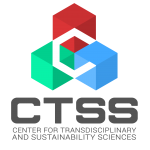
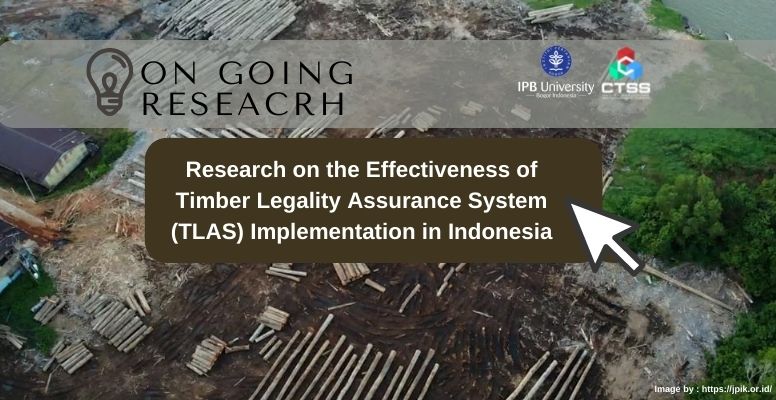
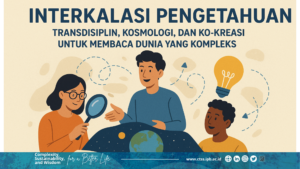
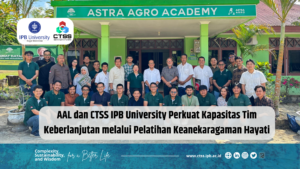
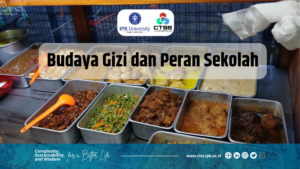
One Response
Good activity